
The Digital Personal Data Protection (DPDP) Act of 2023 established major alterations to existing data privacy legislation in India. Section 44(3) within the Digital Personal Data Protection Act, 2023 makes crucial changes to RTI Act, 2005 by establishing restrictions for personal information access. The modifications to Section 44(3) of the Digital Personal Data Protection Act, 2023 have caused activists and legal experts alongside opposition leaders to voice their concerns about transparency and accountability loss which threatens the core values of the RTI Act. This document examines Section 44(3) while investigating its primary elements and their effects on governance with their influence on citizen rights.
Key Issues and Concerns:
-
Changes to the RTI Act:
-
Section 8(1)(j) of the RTI Act was replaced by Section 44(3) when lawmakers introduced the legislation.
-
The new provision grants automatic protection for all information that relates to personal data thus enlarging opportunities for information denial to public bodies.
-
-
Impact on Transparency and Accountability:
-
RTI activists contend that the new amendment reduces the amount of official records which government agencies need to provide to the public.
-
Important data about public officials' financial matters and behavioral practices can now be hidden which might create spaces for corruption and uncontrolled behavior.
-
The addition of privacy rights confronts direct opposition with the public interest's need for transparency.
-
Under the previous RTI framework privacy concerns were harmonized with required public disclosure of government information.
-
Under the new legislation privacy takes preference over public interest while there is no mention of specific exemptions.
-
-
Concerns Raised by Activists and Legal Experts:
-
Aruna Roy, Nikhil Dey and Prashant Bhushan together with other prominent RTI activists have forcefully opposed the modification because they predict it will negatively affect democracy.
-
Indian Parliament officials Jairam Ramesh and Rahul Gandhi asked for Section 44(3) repeal because they believe it destroys the core principles of the RTI Act.
-
Key Provisions of the DPDP Act, 2023:
-
Right to Data Protection: Individuals possess rights according to the Right to Data Protection to both inspect their personal data and modify its content and delete it from databases.
-
Data processing and consent: The procedure for data processing and consent demands a clear statement of permission for data collection as well as data processing activities.
-
Data Localisation: All necessary data handling functions associated with personal information must operate from within Indian borders.
-
Regulatory Authority: Establishes the Data Protection Board of India (DPBI) for compliance and grievance redressal.
-
Fines and Penalties: Enforces strict penalties for non-compliance with data protection standards.
Implications and the Way Forward:
-
India has taken significant progress in strengthening privacy law through the DPDP Act although it creates a major issue by limiting access provided by the RTI Act.
-
The protection of privacy needs to be balanced against information disclosure rights to maintain honest governance and transparency.
-
Government officials should modify Section 44(3) to maintain public interest disclosure regulations for personal data release.
-
The future of the Act rests on ongoing discussions between policy making officials alongside civil society and legal experts which will decide if the democratic principles necessitate changes to the law.
Conclusion
Section 44(3) of the DPDP Act, 2023 has generated broad discussions about information disclosure versus privacy protection because of its new provisions. The modern need for data security stands in contrast to a potential weakening of transparency regulations that would impact democratic governance accountability. The government must develop balanced policies that protect privacy while preserving essential information public access. The government needs to continue stakeholder conversations for resolving privacy-versus-transparency issues to maintain proper governance standards.



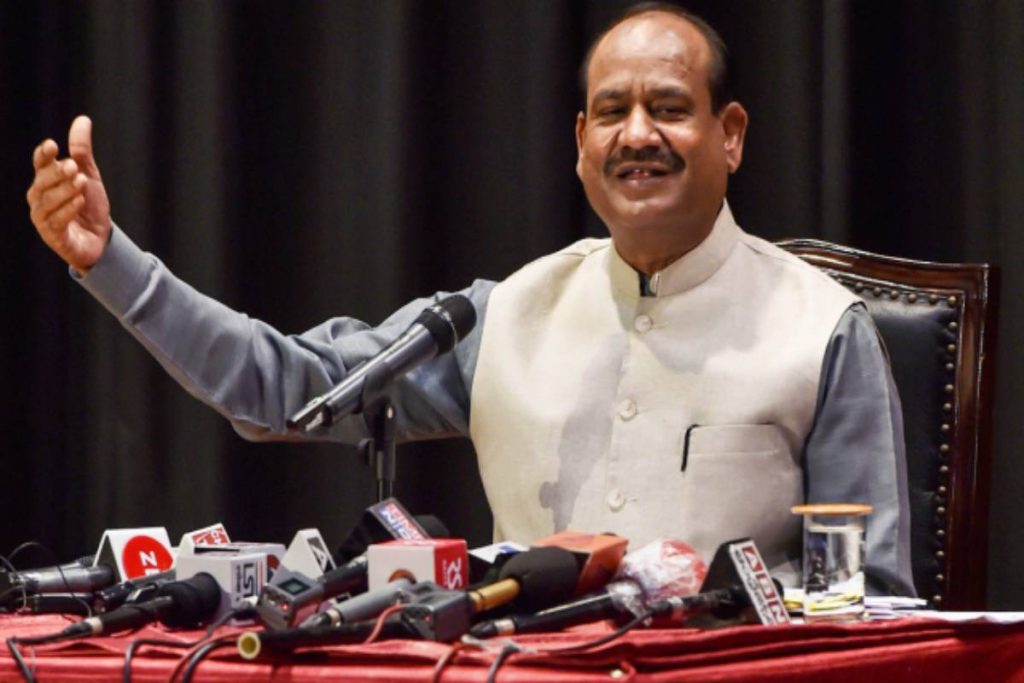 India at IPU 150: Lok Sabha Speaker to Lead Delegation to Tashkent
India at IPU 150: Lok Sabha Speaker to Lead Delegation to Tashkent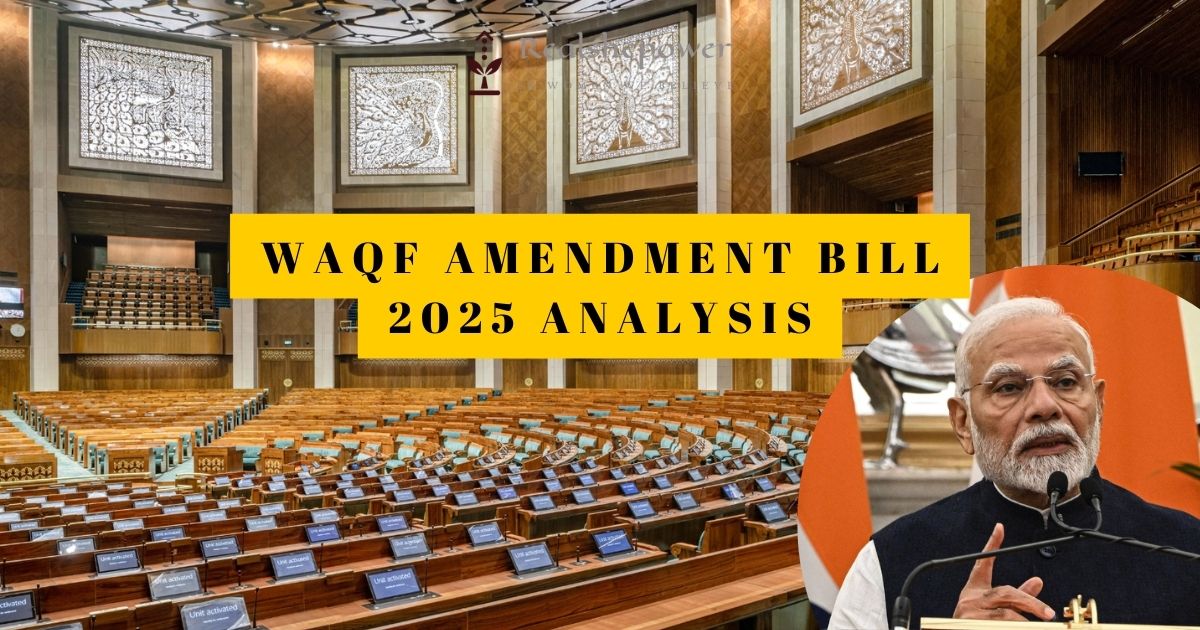 The Waqf Amendment Bill, 2025: Section 40, History and Evolution of Waqf in India
The Waqf Amendment Bill, 2025: Section 40, History and Evolution of Waqf in India Haryana Launches AI Chatbot ‘Sarathi’ for Citizen Services
Haryana Launches AI Chatbot ‘Sarathi’ for Citizen Services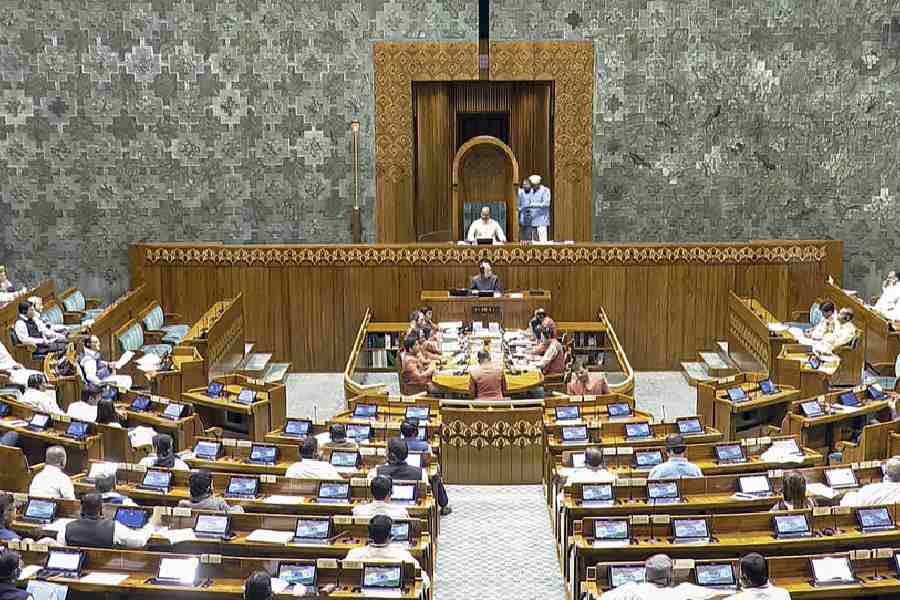 Betting and Gambling are State Subjects: Union Minister in Lok Sabha
Betting and Gambling are State Subjects: Union Minister in Lok Sabha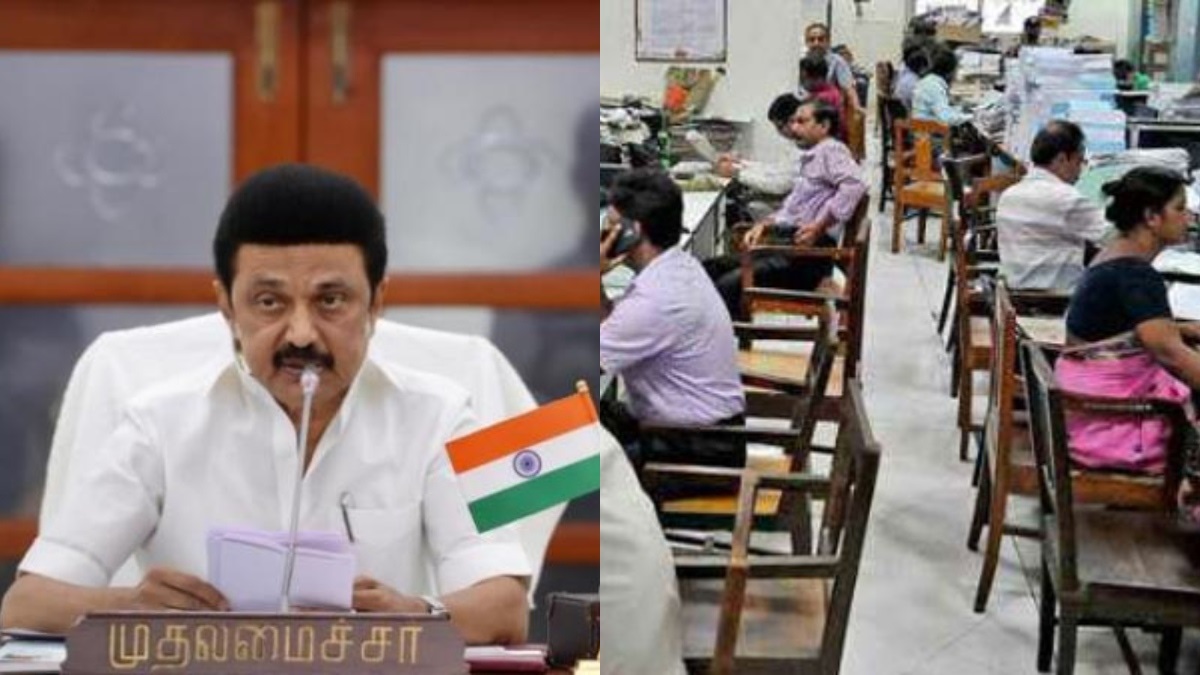 Tamil Nadu Allocates ₹1,087 Crore for Village Panchayat Development
Tamil Nadu Allocates ₹1,087 Crore for Village Panchayat Development Watan Ko Jano Programme: Promoting National Integration Among Kashmiri Youth
Watan Ko Jano Programme: Promoting National Integration Among Kashmiri Youth Rashtriya Gokul Mission: Strengthening Indigenous Cattle Breeds
Rashtriya Gokul Mission: Strengthening Indigenous Cattle Breeds ECI Reconsiders Voter ID-Aadhaar Linkage Amid Privacy Concerns
ECI Reconsiders Voter ID-Aadhaar Linkage Amid Privacy Concerns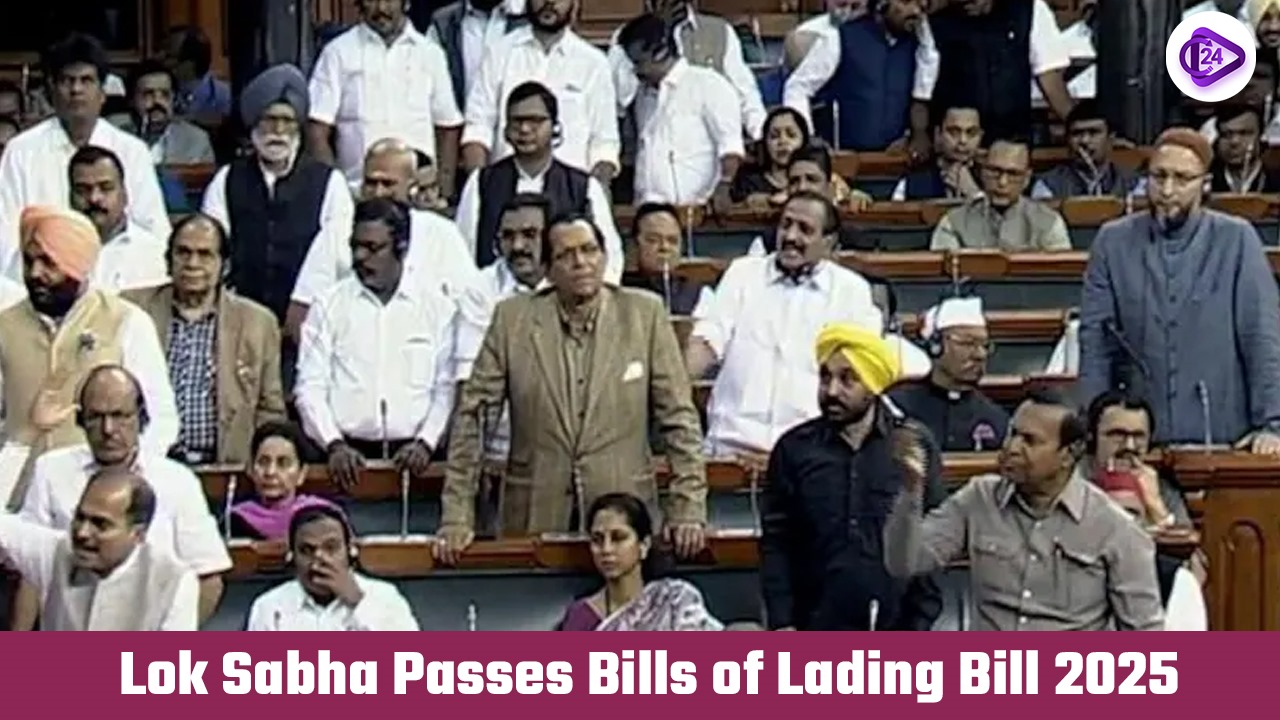 Lok Sabha Passes Bills of Lading Bill, 2025, Modernizing 169-Year-Old Colonial Shipping Law
Lok Sabha Passes Bills of Lading Bill, 2025, Modernizing 169-Year-Old Colonial Shipping Law






